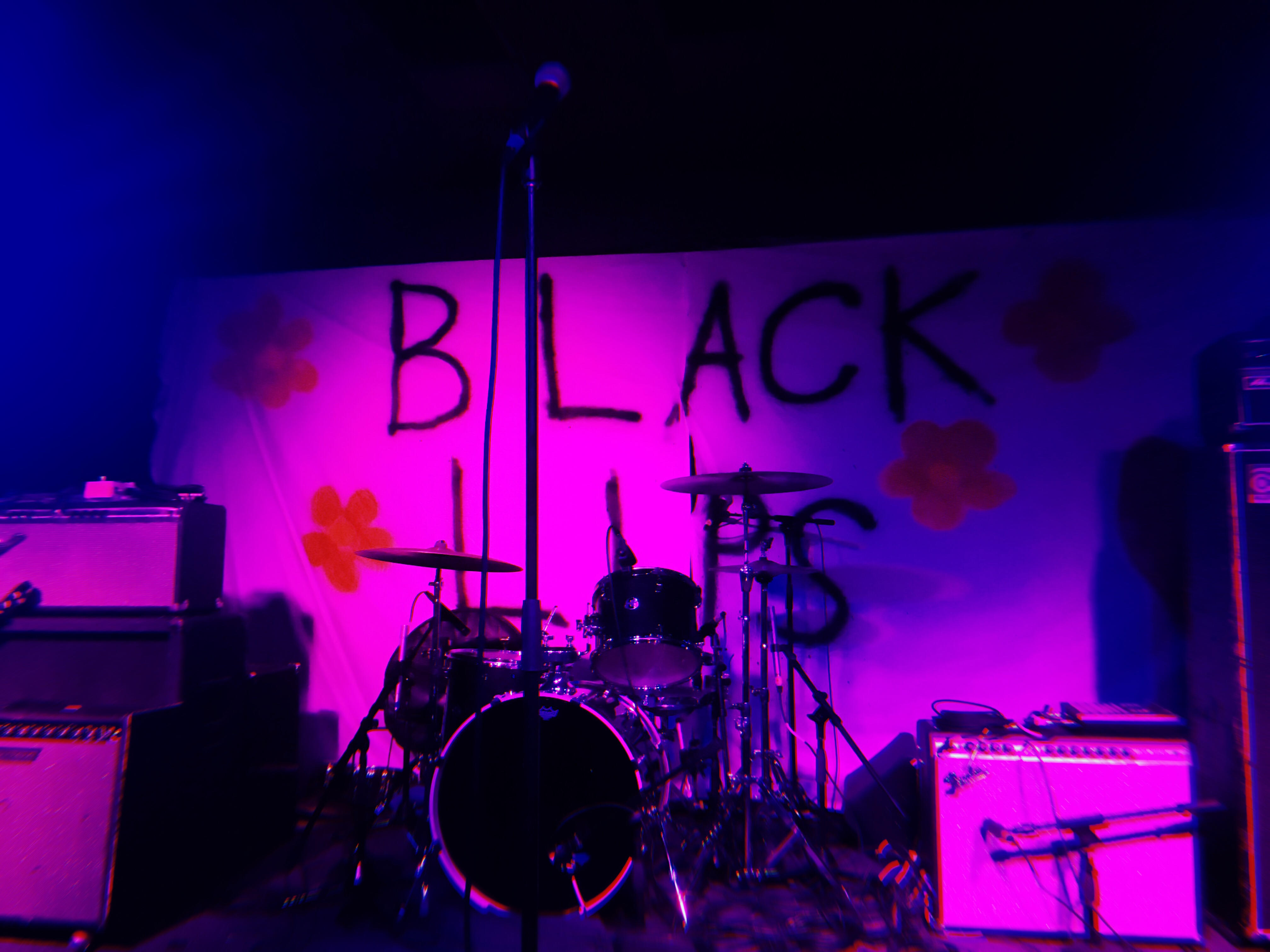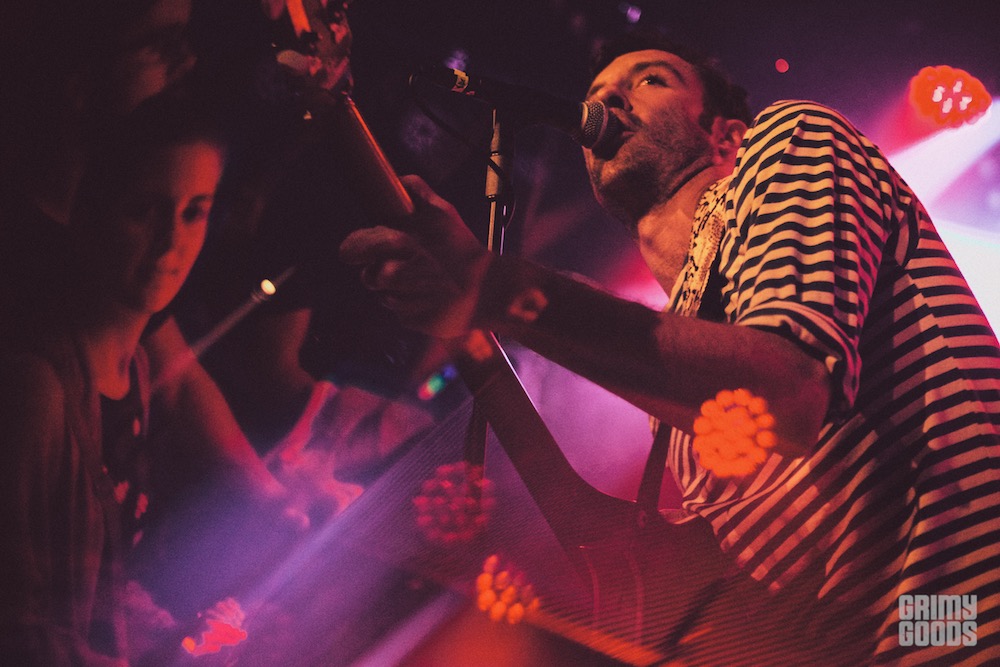Black Lips at Marty’s on Newport
Black Lips return to their wild roots with a rowdy, intimate bar show, showcasing new country-inspired songs and old favorites. Atlanta’s “flower punk” rockers Black Lips are currently on the road on a co-headlining tour with Danish punk band Iceage, supported by Brooklyn-based punk band Surfbort. The tour kicked off on November 5th in Vancouver, British Columbia […]


